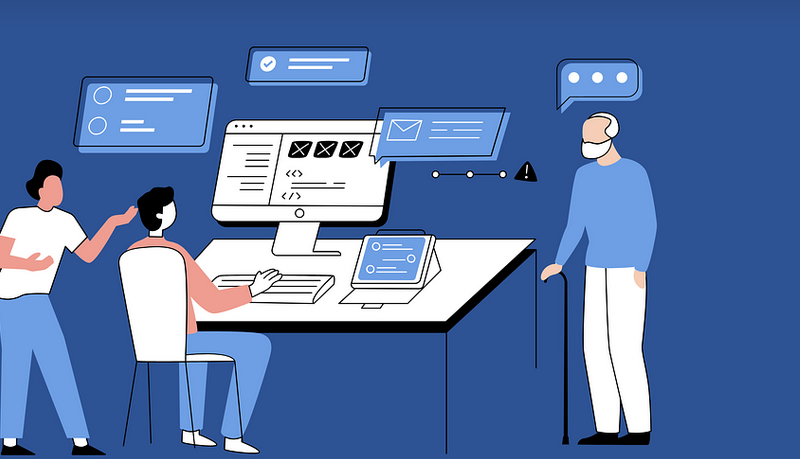The Buzz Around Energy Drinks and Hair Loss
Energy drinks are all the rage, especially among young adults and those chasing a quick boost of energy. These fizzy concoctions promise to help us power through demanding days or late-night study sessions. But what about their effect on our bodies? Are they harmless or could they be contributing to hair loss in females?
There’s been growing concern about the impact of certain substances within energy drinks on overall health and well-being, including potential links to hair loss. The ingredients included in these beverages are often a mix of stimulating substances like caffeine and taurine, along with added sugars and artificial sweeteners. The question arises: could this cocktail have an adverse effect on our hair follicles?
It’s essential to understand that hair loss is a complex issue that can be triggered by numerous factors, including genetics, hormones, nutrition, stress, and medical conditions. While there’s no definitive scientific evidence directly linking energy drinks to significant hair loss in females specifically, some potential contributors are worth exploring.
Caffeine: The Energy Booster with a Possible Side Effect
One of the key ingredients found in most energy drinks is caffeine. This stimulant acts as a natural pick-me-up for many people, but excessive consumption can have potentially negative effects on the body. While research on its direct link to hair loss is limited, some studies connect high caffeine intake with an increase in androgenic alopecia (male pattern baldness). This suggests that long-term, high caffeine intake might play a role in hair follicle sensitivity and potential thinning.
Sugar Rush: Another Potential Culprit?
Energy drinks are often loaded with sugar, which can lead to fluctuations in blood sugar levels. These spikes and crashes can put stress on the body, including the scalp and its delicate hair follicles. Excessive sugar consumption has been linked to inflammation and hormonal imbalances, both of which could potentially contribute to hair loss. The body’s response to these sudden changes in glucose levels might disrupt the natural cycle of hair growth.
Artificial Sweeteners: Safety Concerns?
Energy drinks often include artificial sweeteners like sucralose or aspartame, which are designed to reduce sugar content. While not as common a culprit as caffeine in relation to hair loss, the long-term effects of these artificial sweeteners on our bodies are still under investigation. Some studies suggest that excessive intake of certain artificial sweeteners could potentially disrupt hormonal balance and contribute to conditions like polycystic ovary syndrome (PCOS), which is known to be associated with alopecia in some cases.
The Importance of a Balanced Diet and Lifestyle: What You Can Control?
While the debate on energy drinks and hair loss continues, there’s no denying that lifestyle choices play a crucial role in overall health. Focusing on a balanced diet rich in fruits, vegetables, and protein is essential for supporting healthy hair growth. Similarly, staying hydrated by drinking plenty of water is important to maintain scalp health.
Stress management techniques like exercise, meditation, and yoga can also contribute to promoting healthier scalp and hair follicles. If you’re concerned about potential hair loss, consulting a dermatologist or trichologist (hair specialist) for personalized advice and guidance is recommended.
Addressing the Concerns: A Balanced Perspective
It’s important to remember that energy drinks are not inherently “bad” for our health. However, excessive consumption can lead to various side effects, some of which might indirectly impact hair health. Regular intake of high-sugar and caffeinated beverages could pose a risk to overall well-being in the long run.
The key lies in moderation. If you enjoy energy drinks occasionally, be mindful of your consumption levels. Choose options with less sugar or explore healthier alternatives like herbal tea or fruit infused water for a refreshing pick-me-up. Maintaining a healthy lifestyle and prioritizing overall well-being is the best way to ensure that you are giving your hair the nourishment it needs.
If you’re experiencing significant hair loss, consult a medical professional who can help identify the underlying cause and provide appropriate recommendations for treatment or management.


